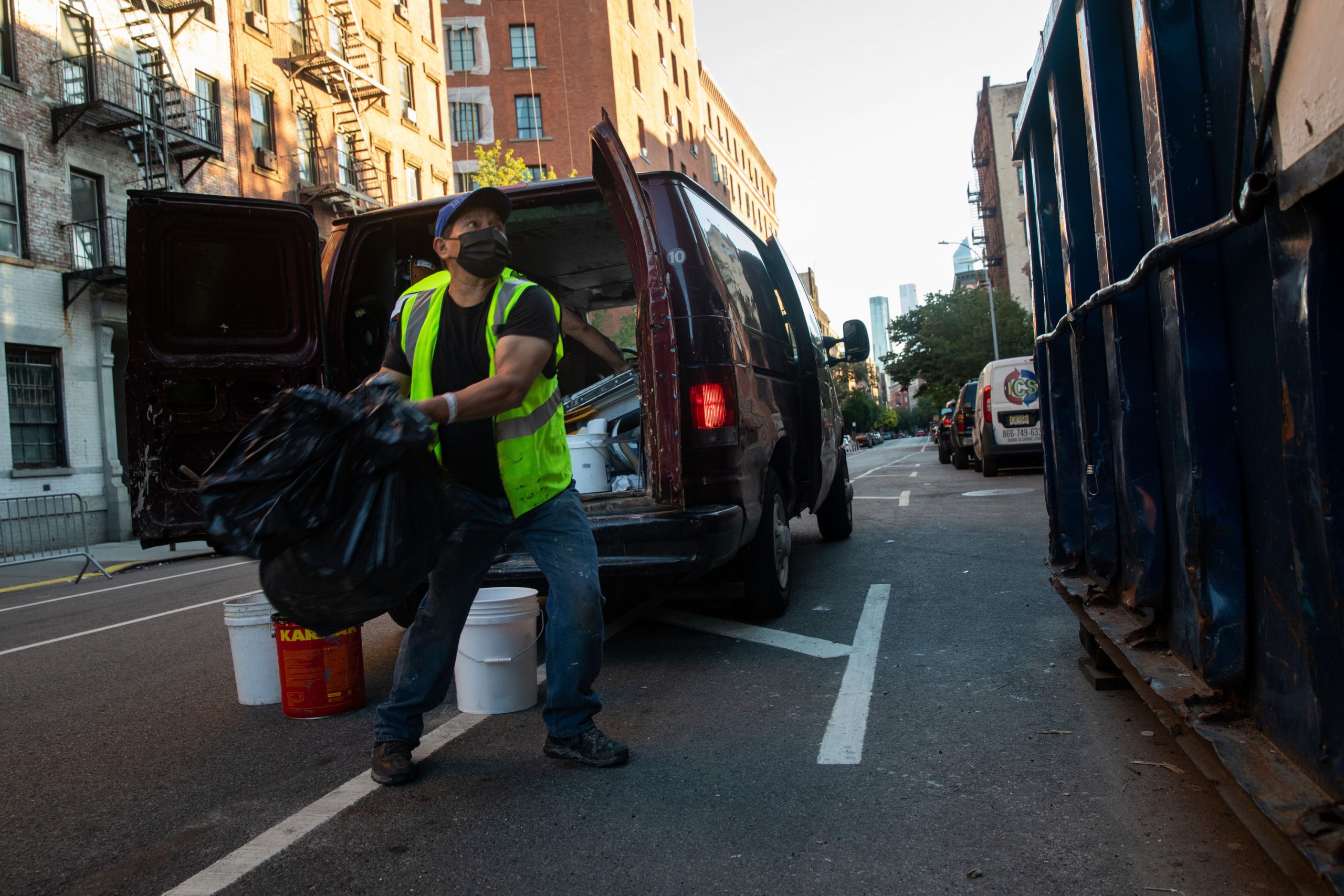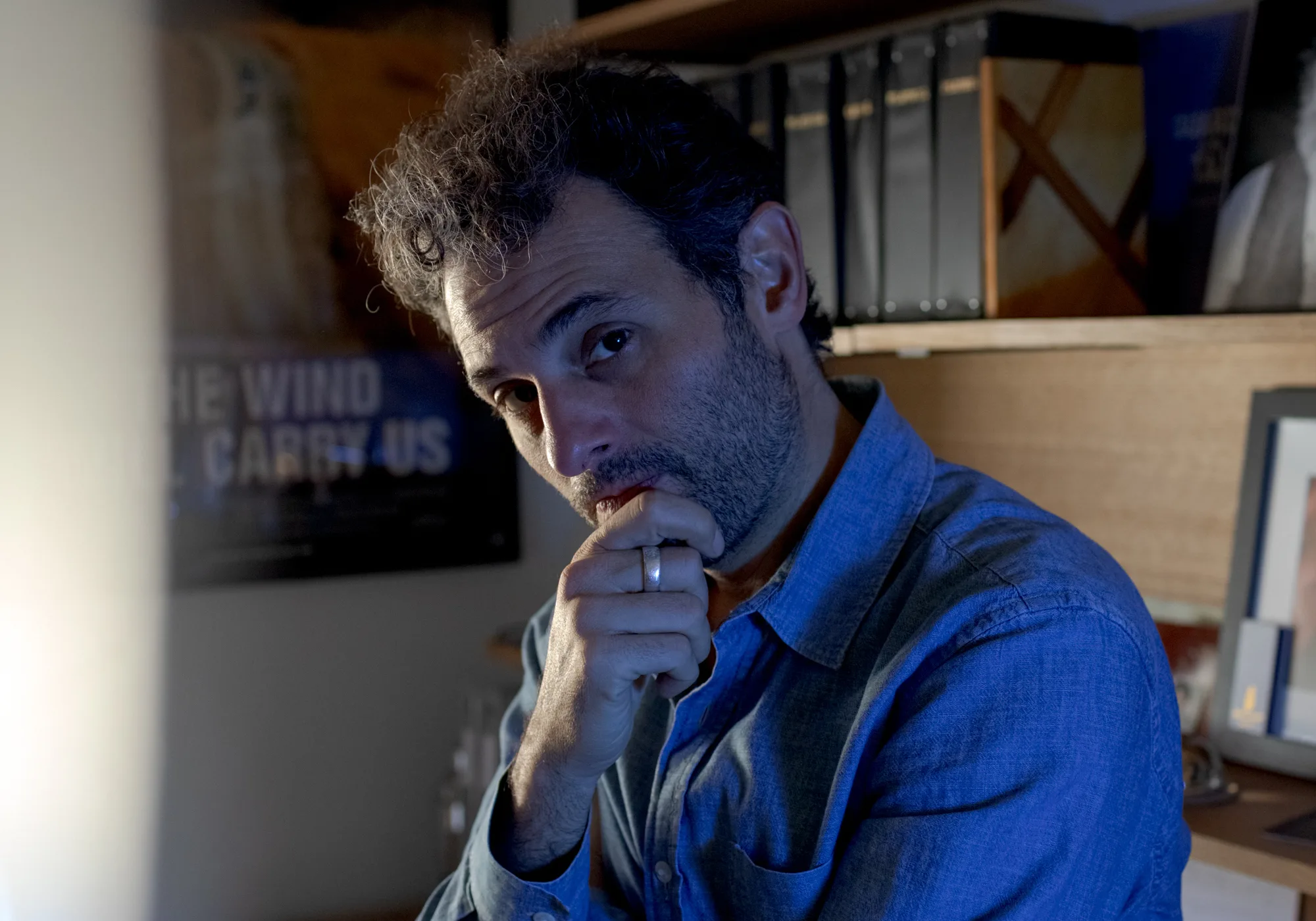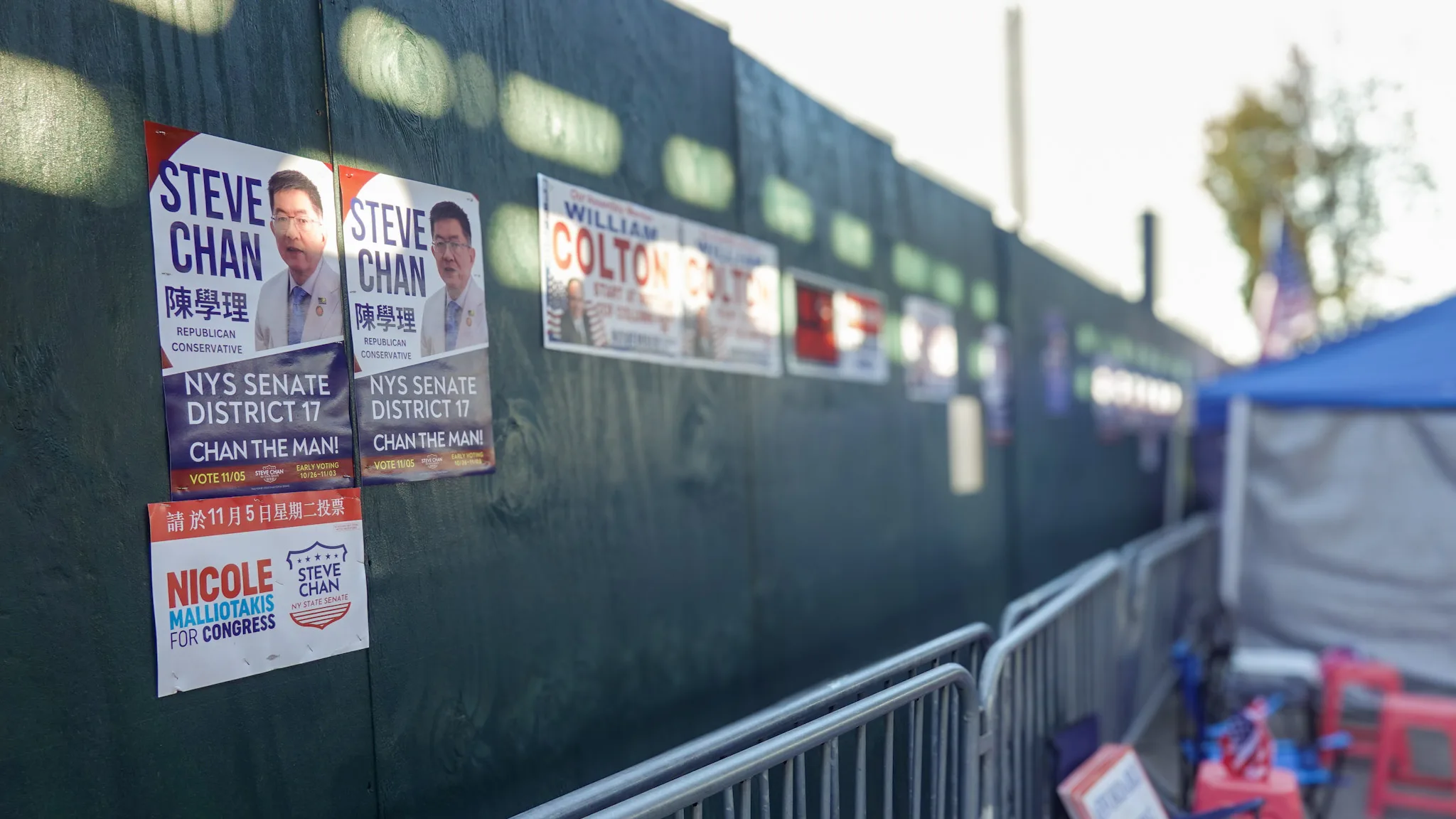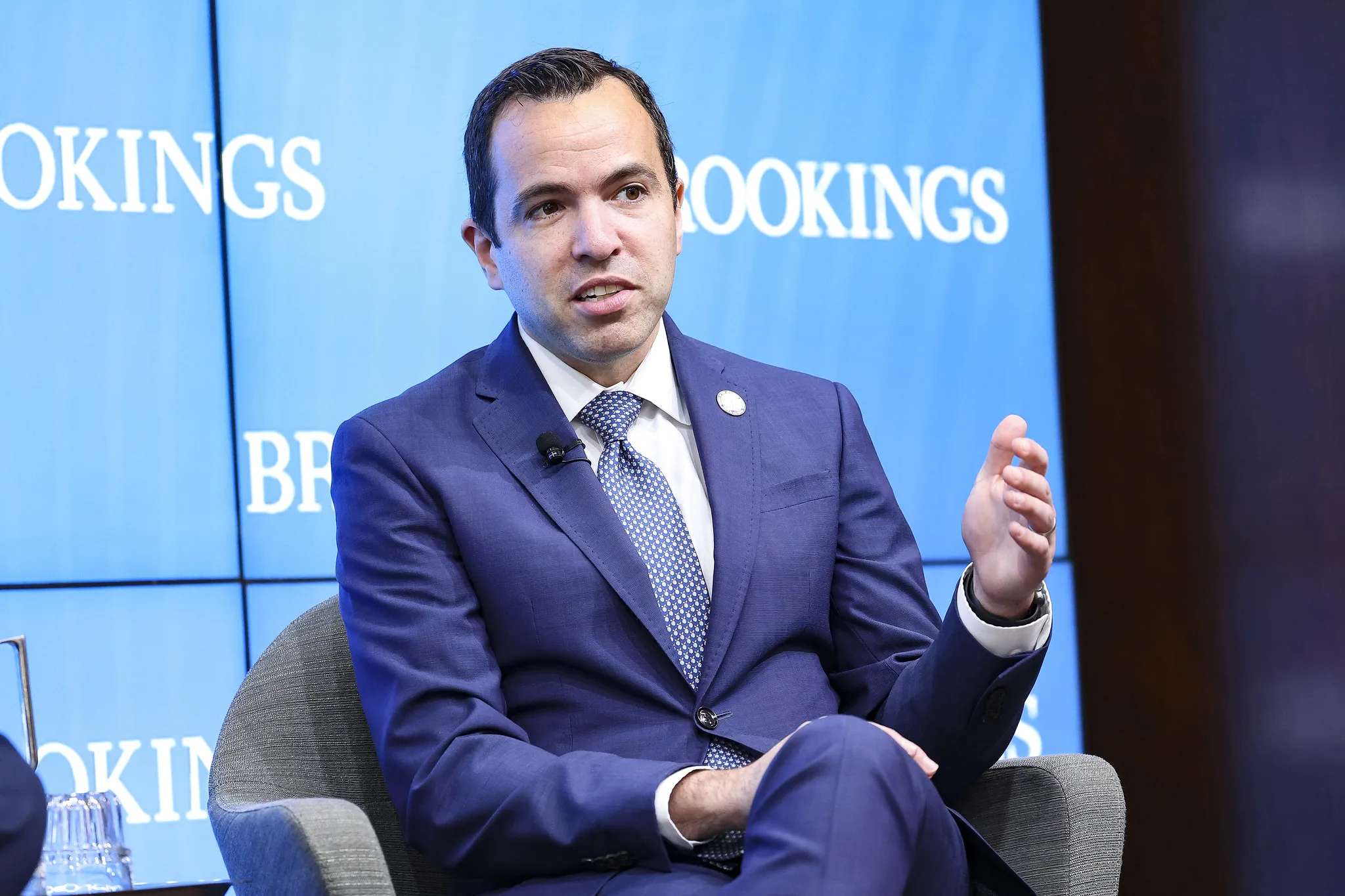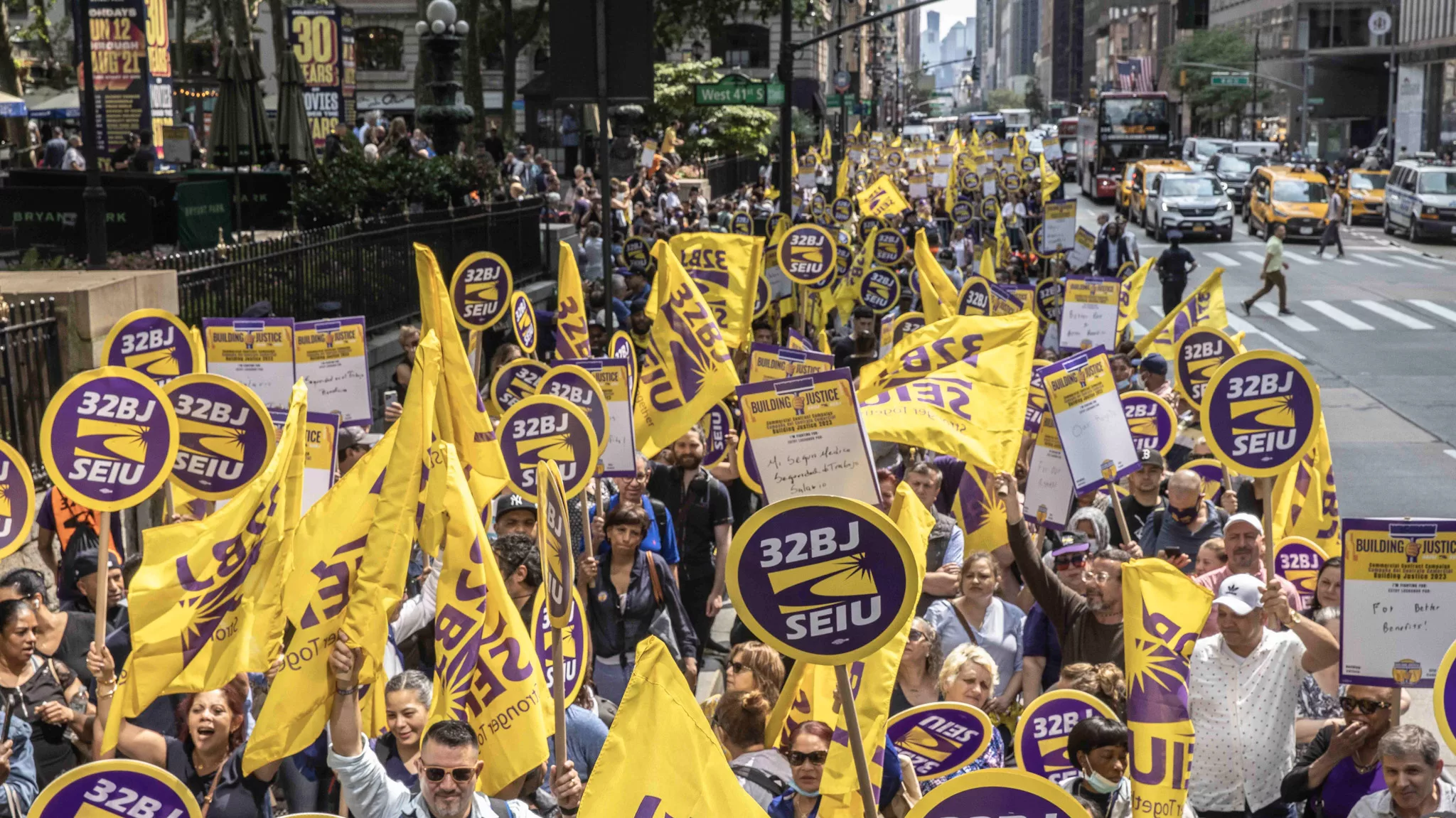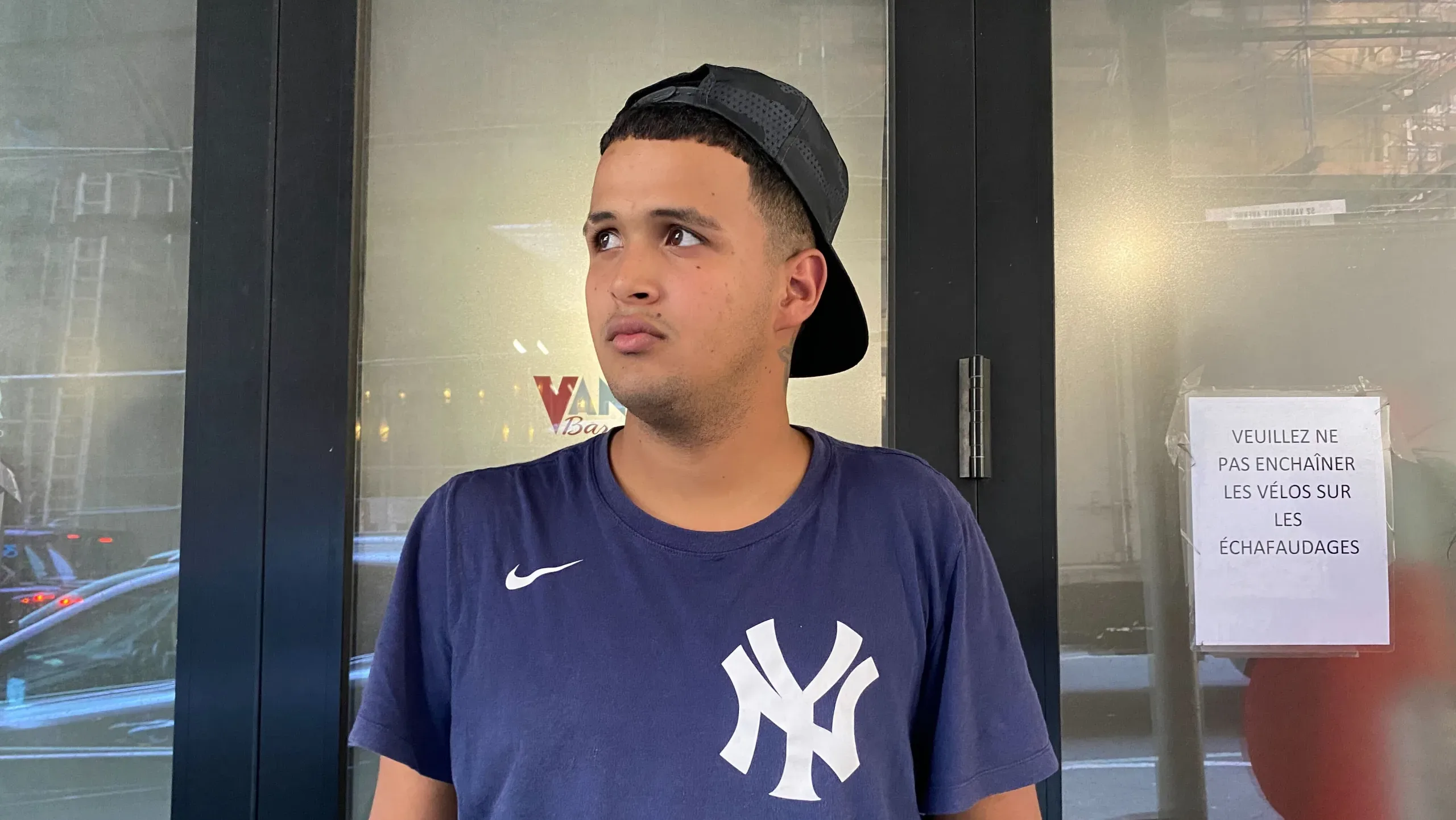For months, Marsha Smith lay awake until 4 a.m, most nights, worrying about becoming undocumented. The 33-year-old native of Jamaica was granted Deferred Action for Childhood Arrivals (DACA) status when she was 25-years-old. For now, her worries may be over.
“I’m giving praise to the most high for answering all our prayers,” Smith said after learning that the Supreme Court rejected President Donald Trump’s effort to terminate the program.
Smith is one of many DACA holders in New York who range from students, to business owners and city employees, who have spent the past several years wracked with anxiety about the court’s decision and how that could affect their day-to-day existence.
The Supreme Court rejected Trump’s attempt to dismantle the program due to the administration’s lack of proper legal justification to end DACA. “We do not decide whether DACA or its rescission are sound policies,” Chief Justice John G. Roberts and four of his liberal colleagues wrote in the court decision. “We address only whether the agency complied with the procedural requirement that it provide a reasoned explanation for its action,” the decision read. Roberts was joined by Justices Ruth Bader Ginsburg, Sonia Sotomayor, Stephen Breyer, and Elena Kagan.
The court ruling allows some 650,000 immigrants nationwide to maintain their deportation relief and their work authorization in the United States.
DACA gave Smith a steady career after she applied for the program in 2012. She was able to provide for her now 2-year-old and 15-year-old daughters through her work authorization, which is no longer immediately at risk of being revoked.
Both Smith and her husband work as Disability Service Providers (DSP), healthcare and social workers providing services to children with disabilities at Guild for Exceptional Children in Brooklyn. There are a total of 43,500 DACA recipients working as essential workers in both healthcare and social assistance across the country, according to the Center of Migration Studies.
The DACA program was created under the Barack Obama administration, giving temporary relief from deportation to individuals who came to the United States as undocumented children. The DACA status is good for two years and renewable for $450, but doesn’t pave the way to citizenship.
“I am hoping I could go back to college now to study social work and buy a home that I could pass down to my children,” she said after the decision was announced.
Thinking that DACA could end soon, she scrambled over the past weeks to find back up plans including seeking citizenship and renewing her DACA status, which expires in 2021. If all attempts to legally remain in the U.S. had failed, she said that she had a plan to move in with her family to Canada and apply for citizenship there.
In 2017, President Trump and Attorney General Jeff Sessions ordered the termination of DACA per new immigration policies, recognizing the status only until it expired at the end of its two-year lifespan, with the last authorization ending in March.
On April 20, the Supreme Court granted a motion and accepted a briefing filed by a group of DACA recipients as part of the case titled Wolf V. Batalla Vidal, arguing that ending DACA during the coronavirus pandemic is a bad idea. In the briefing, recipients asked the court to consider the consequences of ending the program during the pandemic, at a time when 27,000 DACA holders are working in healthcare nationwide.
The uncertainty around DACA during the time of a pandemic has impacted the mental health of recipients. For 26-year-old Saulo, who asked to be identified only by his first name, stress came out in thinking about potentially losing his job during the pandemic.
Saulo received his approval letter for his DACA renewal application last week.
“I no longer feel like I have to worry if I’ll have a job or how I will continue to help my family,” said Saulo after learning about the court ruling.
Saulo moved to the U.S. from Mexico at the age of one. He works as a staff assistant at the Metropolitan Transit Authority, helping out with writing reports in the bus department and the payroll department.
Since COVID-19 hit New York, Saulo’s financial situation worsened. He is now working twice a week from home on a reduced salary since the lockdown and is financially reliant on his parents.
Prior to COVID-19, Saulo was able to contribute to household expenses and afford his personal medical expenses incurred in treating his Ulcerative Colitis. His DACA benefits allowed him to pay for his education fees which he will continue to pay for now that he can continue to legally work in the U.S.
Across New York City, there are some 28,000 DACA recipients, according to the American Immigration Council, who were in a similar uncertain situation as Smith and Saulo who were left frustrated as they waited for the rule during a pandemic.
Twenty two-year old John I. who graduated from CUNY John Jay College of Criminal Justice in May used to control his anxiety and mentally prepare by going on long runs and writing poetry. John I. plans to volunteer in various political campaigns within the coming year and help high school get into college once it gets safer to go out.
“The rule is definitely a huge win for the immigrant community and for DACA recipients,” John I. said. “I know that this is still a marathon and we’re far from the end that we all desire and that is to be ‘legal.'”


